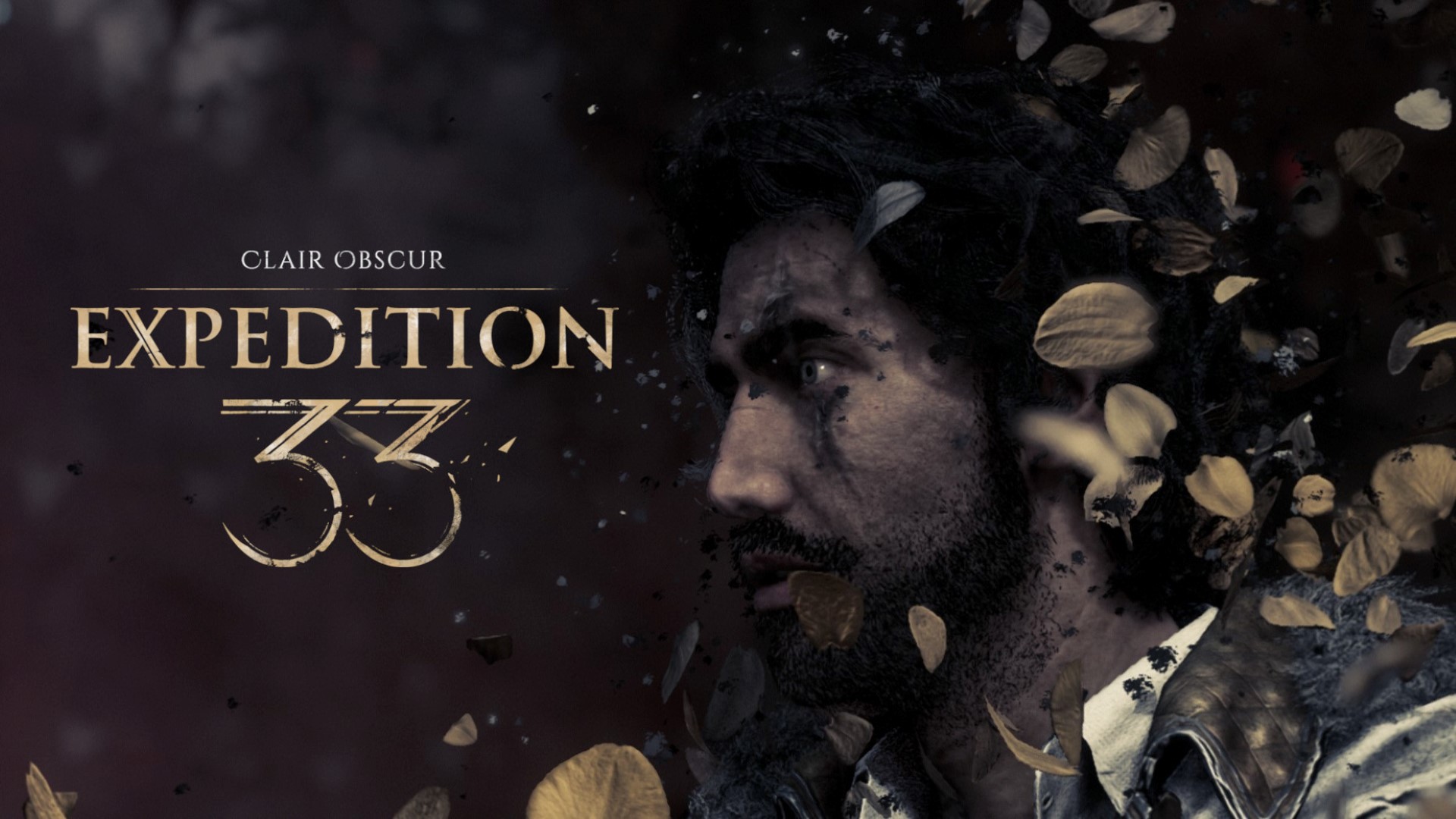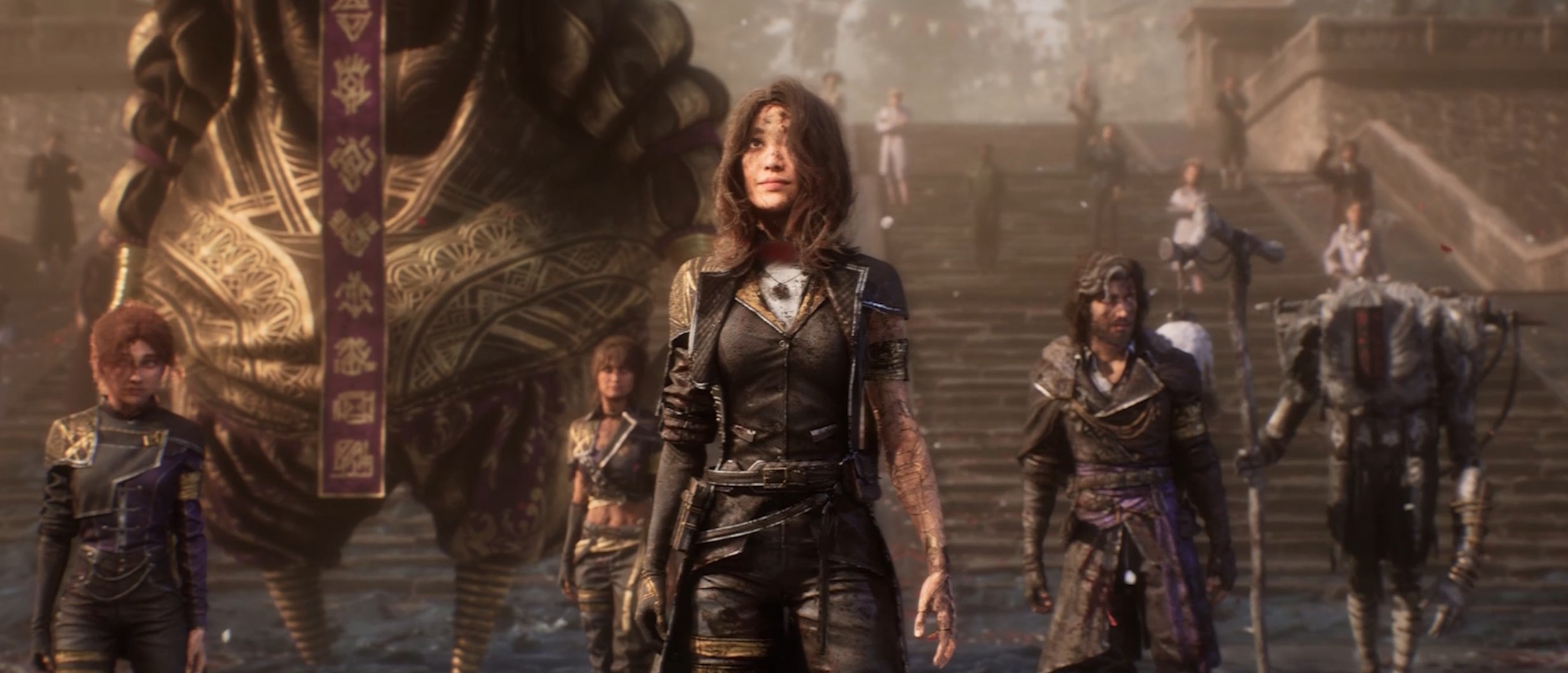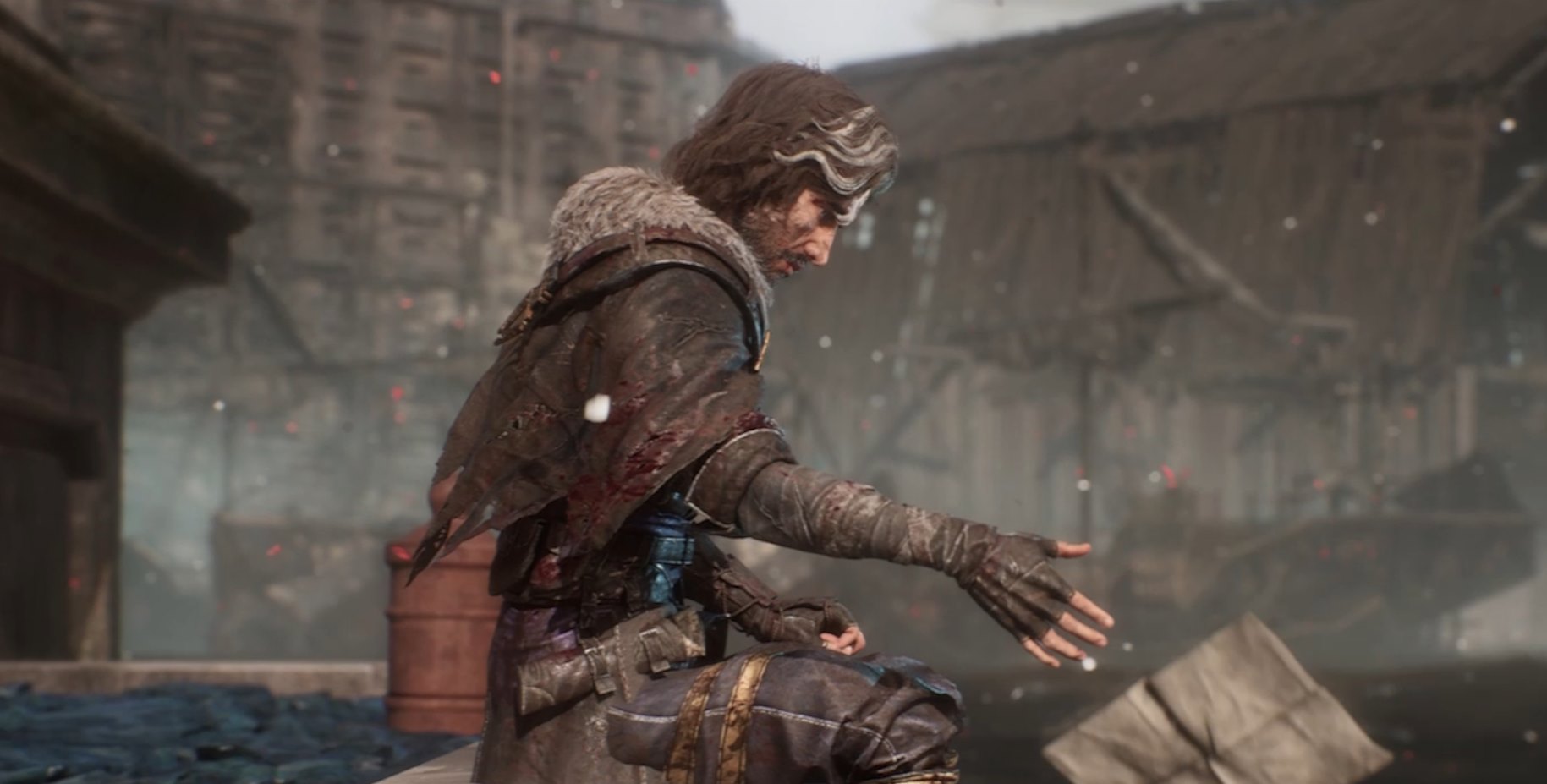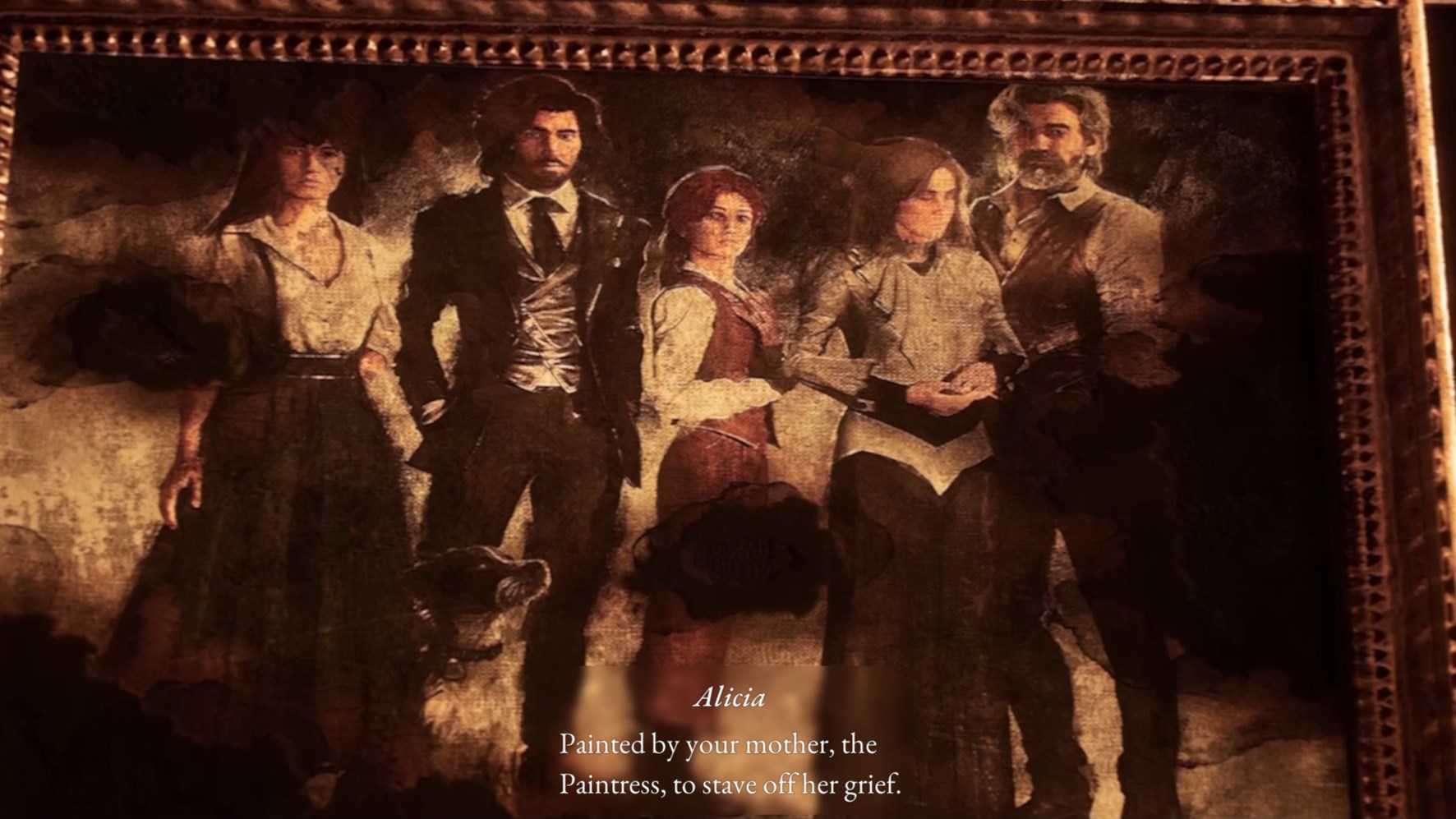Clair Obscur: Expedition 33's End Of Act 2 Is Powerful, But A Disappointing Narrative Turn
May 14, 2025

Clair Obscur: Expedition 33 is a beautiful game. It not only captures the essence of JRPG gameplay perfectly through a French lens, but also delivers some of the most natural and convincing writing in the genre. Expedition 33 gets emotional in very effective ways. It's easy to get invested into the game's narrative, but, unfortunately, Clair Obscur: Expedition 33 doesn't quite stick the landing at the climax of its "main story."
Of course, this is a personal opinion regarding the ending of Clair Obscur: Expedition 33's Act 2, so you may completely disagree. Still, I think it's valuable to share this sentiment that some players have — or will have — by the time they finish the game. Also, to be clear, this isn't a major indictment of Expedition 33 as a whole. It's still an incredible experience that is well worth playing.
SPOILERS AHEAD! — Story content from the entirety of Clair Obscur: Expedition 33 will be discussed in the sections below
A Quick Breakdown Of The End Of Act 2
Undoubtedly, what hits the hardest in the ending of Act 2 in Clair Obscur: Expedition 33 is the Gommage suddenly taking everyone's life, leaving the world as an almost empty void. It's completely unexpected — an inevitable fate you only become privy to just moments before in a letter addressed to Verso. In reality, the defeat of the Paintress spelled certain doom for The Continent.
Aline, also known as the Paintress, isn't some omnipotent deity. She is a god within the world, yes, but the god of a fictional world. The Continent that we grew so attached to is merely a work of art, only special because it retains a small essence of Verso's soul. Aline was essentially using the canvas to numb the pain of her grief over losing her son. The Verso we know is just a painted entity; though, a replica that actually has known that he is not real. That plays a big part in his motivation to help kill the Paintress. He just wants his "mom" to be safe and at peace, out of the canvas.
The Renoir from the real world has been fighting to have his family back. The Gommage has been his way of slowly chipping away at his wife's influence over the world. With the Paintress defeated at the end of Act 2, he could finally have full control over the canvas. His very sensible desire was to destroy the artpiece entirely, preventing anyone from using it as an escape again. In Renoir's eyes, The Continent is undeniably a false existence. Here's where the conflict in Act 3 arises.

Expedition 33 Is Undermined By Its Painted Reality
The adventure within Clair Obscur: Expedition 33 might as well have just been a dream. Act 2's ending just about leaves that same taste in one's mouth. Look, there is certainly nuance to the revelation that the journey we experienced all took place within a painting, but that concept heavily devalues the moments experienced throughout the adventure.
Gustave's death in Act 1 feels so powerful because there is finality to it. Your bond with him as the player and his bond with Maelle is ruthlessly snatched away. It feels terrible. But if he's just a painted entity that could theoretically be brought back, what is there to really grieve over? The mysticism of the world is entirely lost with the narrative turn. The previous stakes even feel slightly ridiculous in retrospect. All that investment was for what exactly?
Even if Expedition 33 didn't succeed, the Paintress would have inevitably deteriorated beyond repair over time. Renoir would have eventually gotten the upper hand. The expedition, therefore, almost feels...meaningless. Triumph was never on the table. Freedom was never going to depend on their actions. Characters like Esquie and Lune live a second-class existence, and will always live a second-class existence. They are painted. They are not real. They are not conventionally mortal, which makes their existence hard to appreciate and relate to.

The Continent Is A World Without Autonomy
Act 3 may try to argue that the characters within The Continent are sentient and deserving of eternal life, but their existence is unnatural. They could be killed just as easily as they could be brought back by a painter. They can feel pain, but they can also return from nonexistence. It doesn't help that the game itself makes a big deal out of the fact that the living beings of The Continent are little more than pawns in a world upheld by Aline and her family.
Do the characters from Expedition 33 deserve to live? Sure, but I have the right to feel detached from the world after the narrative shift presented to me. I don't have any reason to care as much anymore. The characters from The Continent don't really have autonomy over themselves. They are entirely dependent on the actions of the Dessendre family. What begins as a story about humanity's resilience, ultimately ends up putting all the focus on the responsibility of higher powers. The lack of equality makes everything less interesting.

Clair Obscur: Expedition 33 offers some really deep themes to think about, and I don't want to take that away from the game. The events that take place in Act 3 are emotionally impactful in their own right. There is absolutely merit to what the developers wanted to explore, story-wise. I just don't personally like the direction that was taken.
Breaking the illusion of the world within the game made sense to do. Unfortunately, that's going to take some people right out of the story. It's just hard to feel like your actions are significant when the canvas is running on borrowed time, no matter what. Pain is inevitable. You don't have to think that hard to realize that.